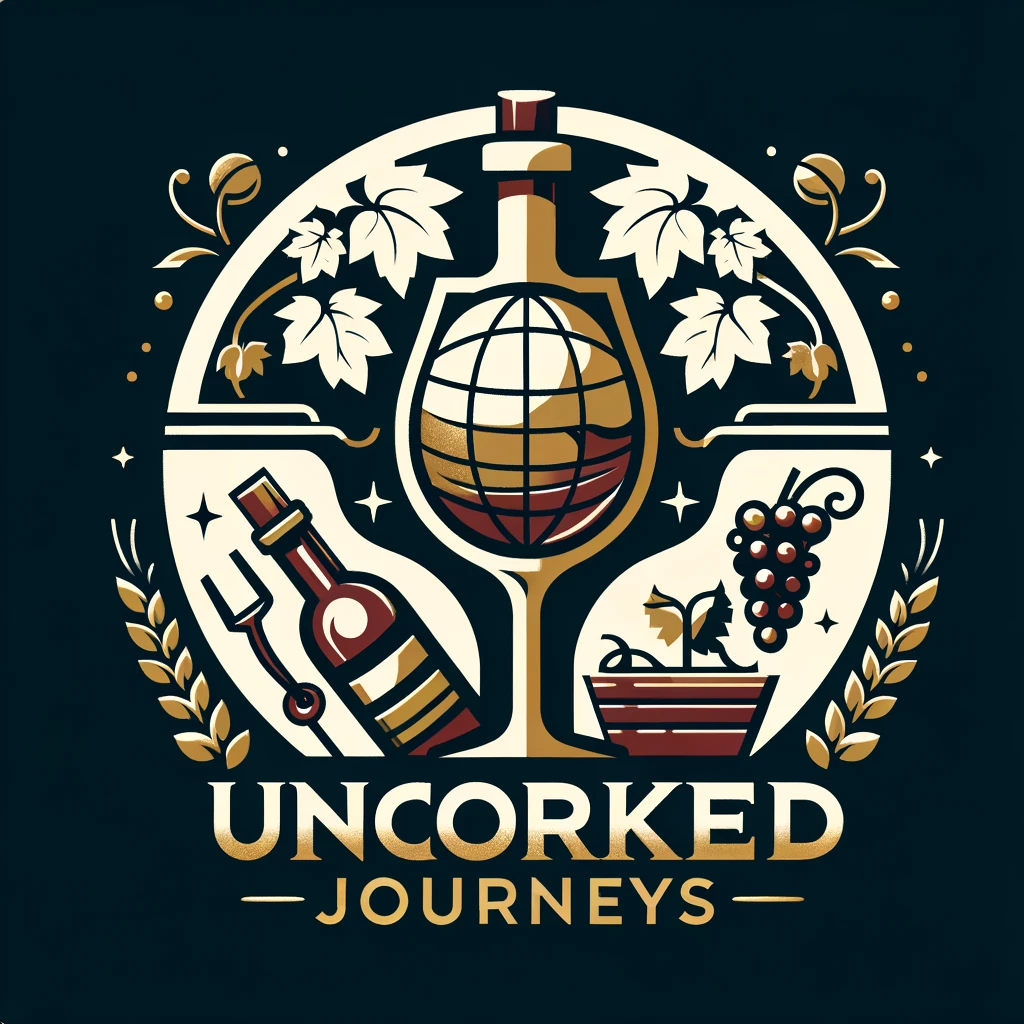Mosel
The Mosel region in Germany is one of the most celebrated wine-growing areas in the world, renowned for its breathtaking landscapes, steep vineyard terraces, and a wine culture that dates back to Roman times. Nestled along the meandering Mosel River, this region has cultivated a deep connection with viticulture, making wine not just a product but a way of life for its inhabitants. The traditions of wine-making here have been handed down through generations, with families dedicating themselves to the art of crafting exceptional wines that reflect the unique character of the region.
The history of wine-making in the Mosel region is a testament to the enduring relationship between the land and its people. The Romans were among the first to recognize the potential of the Mosel’s steep slopes and favorable climate, planting vineyards that would lay the foundation for the region's thriving wine industry. Over the centuries, the techniques of viticulture and wine production have evolved, yet many of the traditional methods, such as hand-harvesting on challenging inclines, remain integral to the process. This blend of ancient practices and modern innovation has solidified Mosel's reputation as a leader in the global wine community.
Mosel wines are synonymous with excellence, particularly its Rieslings, which are widely regarded as some of the finest in the world. The Riesling grape thrives in the region's unique conditions, producing wines that range from crisp and dry to lusciously sweet, with an unparalleled aromatic complexity. The Mosel is also home to other noteworthy varieties, including Elbling, Müller-Thurgau, and Pinot Noir, though Riesling remains the crown jewel. The wines from this region often possess a remarkable balance of acidity and sweetness, with subtle mineral notes that speak to the terroir.
The soil and climate of the Mosel play a pivotal role in shaping the character of its wines. The region’s slate soils, which dominate the steep vineyards, act as natural heat retainers, absorbing sunlight during the day and releasing warmth at night. This creates an optimal environment for grape ripening, even in the cooler climate of northern Europe. The steep slopes also ensure excellent drainage, preventing waterlogging and encouraging deep root systems. Combined with the temperate climate and the river's moderating effects, these factors result in wines that are elegant, expressive, and full of finesse.
Beyond its wines, the Mosel region is steeped in fascinating traditions and cultural practices centered around viticulture. Annual wine festivals, held in charming towns like Bernkastel-Kues and Traben-Trarbach, celebrate the harvest and showcase the region’s exceptional vintages. Visitors can immerse themselves in the history of wine-making by exploring ancient cellars, touring vineyards, and sampling wines from family-run estates. The region’s picturesque landscapes, dotted with medieval castles and quaint villages, add to the enchantment, creating an atmosphere where wine and history seamlessly intertwine.
Another intriguing aspect of the Mosel’s wine culture is its commitment to sustainability and preserving the natural environment. Many vineyards in the region are adopting organic and biodynamic farming practices to ensure the health of the soil and the quality of their wines for generations to come. This dedication to stewardship reflects the deep respect that wine-makers here have for their land, recognizing it as both a source of livelihood and a legacy to be cherished. The Mosel continues to inspire wine enthusiasts and connoisseurs from around the world, offering a glimpse into the artistry and passion that define its timeless appeal.
